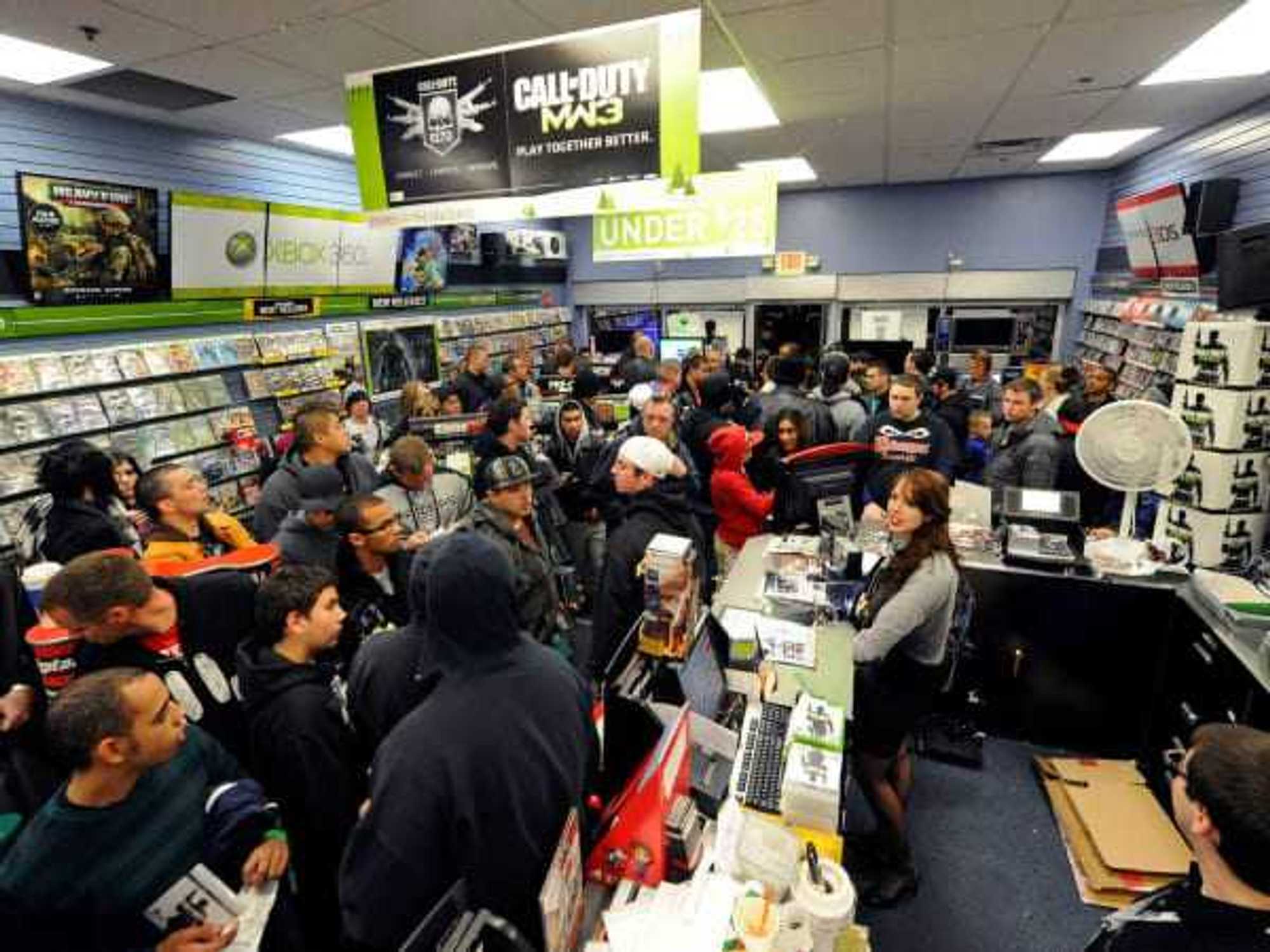It can happen to anyone
Social work student studying domestic violence finds herself becoming a victim
Jackie Pontello is the executive director of and an attorney for Aid to Victims of Domestic Abuse (AVDA). She provides resources to break the legal bonds between victims of domestic abuse and their abusers, usually in issues of child custody. Last year the organization litigated 1,806 cases. In honor of Domestic Violence Awareness Month, Pontello introduced CultureMap to a survivor, who told us her story.
CultureMap notes that names have been changed to protect the identity of the victim.
Melinda was pursuing her master's degree in social work at the University of Houston and working at the Women's Center when she began to notice similarities in the abuse cycles she was studying and her own relationship with her boyfriend.
She had been dating Chris for five years, and they were sharing a house they had bought together. It's been more than five years since Melinda left him, but it still visibly embarrasses her to discuss her long tenure as his victim.
The couple met when Melinda was 22, and at first, the abuse was as subtle as it was non-physical. Years went by and Melinda describes herself as "completely in love" with someone who slowly became Dr. Jekyll and Mr. Hyde. The abuse came after Melinda was gradually isolated from her friends and family — not because they thought he laid hands on her, but because they found him tempestuous, difficult to be around and stand-offish.
"You become partners in hiding the abuse," Melinda says, explaining how her friends and family remained oblivious. "You make excuses for your partner, defend them — you never mention it."
The abuse was sporadic, and always followed with pouring apologies. Still, she walked on egg shells.
"I'd be checking myself on the drive home, making sure no strand was out of place," Melinda recalls. "And you can feel it coming. I'd pick fights to get it over with and make up faster."
It was 2003 when Melinda began working at the Houston Area Women's Center, where she began to learn the psychology behind the violence. She stayed with him; it was 2005 when the couple bought their house, and they got engaged.
"You think, 'Well, he's not always like this,' " she says. "That's the stuff you hold onto."
A year later she began graduate school for social work at the University of Houston. Melinda says Chris was superficially supportive, but she believes now that he deeply resented her education and feared her ambition. Chris lost his job shortly after they bought their house, and Melinda supported them for six months. The gesture made him meaner.
"I was in a helping profession, but I didn't know how to help myself," she says.
By senior year the relationship had deteriorated so much that Melinda went to Becky Blasingame, director of victim's services at Aid to Victims of Domestic Abuse (AVDA) to formulate a plan for her escape. She had tried to leave before and failed, and this time she knew she needed help.
One week before Melinda planned to leave, she and Chris had one of their worst episodes yet. He pulled her out of her car by her throat and tried to choke her. Melinda fled that night, with only her keys and Identification. (Melinda never pressed charges. Pontello says only 10 percent of her clients have.)
She hitched a ride to a nearby hotel, which ousted her once they saw her barefoot, bedraggled appearance in the full light of the lobby. After calling a friend she hadn't spoken to in months, she found somewhere to crash, went home to her parents and never went back.
It wasn't for Chris' lack of efforts that Melinda never returned. They still owned a house together, which he made deliberately difficult to resolve and manipulated to maintain contact. Eventually she had to abandon the couple's two dogs rather than reveal where she was staying to get them back. He left her intermittently remorseful, sweet and bitterly hateful voice messages.
Still, she struggled with the pull of going back. Melinda says that without AVDA's weekly support groups, she can't say she would have stayed away.
"I used to pray, 'Dear Lord, give me the strength to get out of this relationship, and stay out' " Melinda says. "I didn't realize until later how far away from myself I had actually gotten."
Today, Melinda has completed school and is applying for her license as a social worker. She's training for a half marathon, working on rebuilding her relationships and still struggling with the guilt she feels as a victim.
"I went to school, came from a good home, I worked in the field — I felt different, and bad," Melinda says. "I was so fortunate in my resources. But everyone falls in love, and you can't help who you love with."
But you can get out. AVDA offers open support groups each Wednesday at 6:30 p.m. in both English and Spanish. Becky Blasingame and Ana Manola are the contacts, and request a call in advance of attendance at 713-224-9911.
